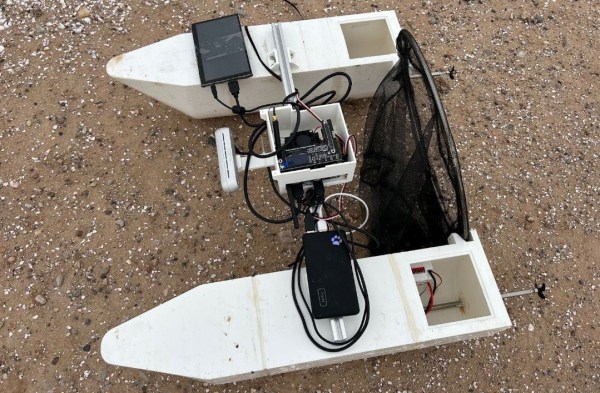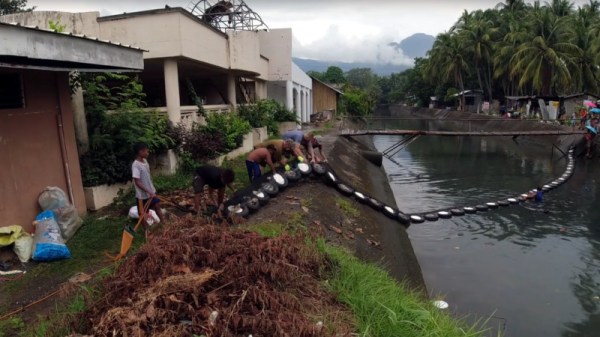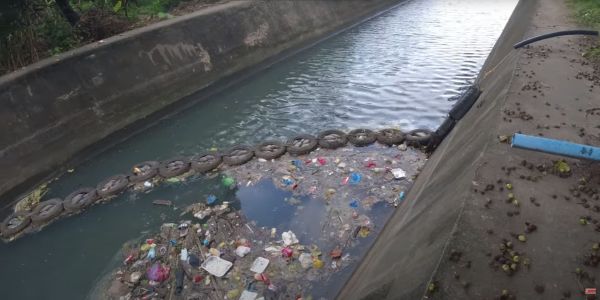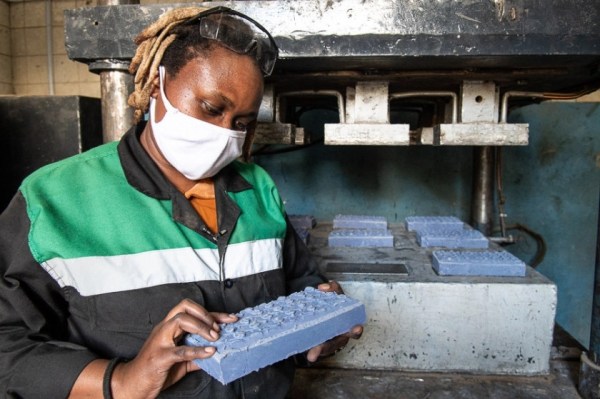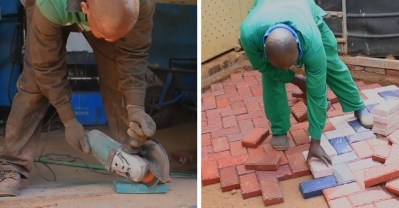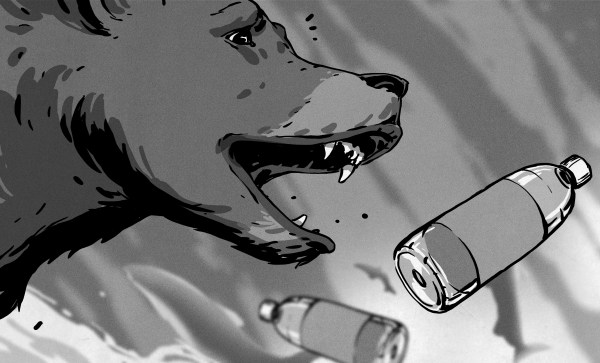It’s unfortunate, but a lot of trash ends up in our rivers and, eventually, our oceans. Cleaning efforts can be costly and require a lot of human power. One of the ways to keep trash out from reaching the ocean is to attack it at the river level. That’s the idea behind [Xieshi Zhang]’s Hydrocleaner, a semi-autonomous river cleaning robot.
 One current method for removing trash is by remote-controlled boats with nets attached. These typically travel in one direction, sort of sweeping left and right and probably missing trash in the process.
One current method for removing trash is by remote-controlled boats with nets attached. These typically travel in one direction, sort of sweeping left and right and probably missing trash in the process.
Hydrocleaner is capable of turning back and forth, ensuring a much more complete clean-up. The camera spots trash, and the twin-pontoon design allows it to flow easily between them and into the net behind. Currently, the brain behind this boat is a Jetson Nano, although this is a work in progress. The eventual idea is that the boat would navigate itself using GNSS guidance and would navigate toward the trash.
Of course, you could always fight trash with trash.

